
We are returning to our earliest roots. PW dates to 1872, when it was first known as Trade Circular Weekly and listed all titles published that week in what was then a nascent industry. We have decided to embrace the self-publishing phenomenon in a similar spirit. Call it what you will—self-publishing, DIY, POD, author-financed, relationship publishing, or vanity fare. They are books and that is what PW cares about. And we aim to inform the trade.
To that end, we are announcing PW Select, a quarterly supplement announcing self-published titles and reviewing those we believe are most deserving of a critical assessment.
Great news! Unfortunately, the way they’re “embracing” self-publishing is by charging a fee. The way that self-publishing could truly be embraced is by recognizing that self-published titles can be as good as any other and reviewing them alongside other books. But it still places self-published titles in a separate ghetto. An argument could be made that pay to play is built into the self-publishing model, so this isn’t a terrible development, but this has the feeling of milking self-published authors like so many other promotional schemes.
Here are the details:
If you are a self-published author, with a finished book that carries an ISBN, you can register (see below) to have your book listed in a seasonal supplement that will be bound into issues of Publishers Weekly. Overprints will be available for purchase and bonus distribution. Additionally, a digital edition and online database will be made available. All titles published during 2010 are eligible for inclusion.
The registration fee of $149 entitles you to a listing of your book–title, author, illustrator (where applicable), pagination, price, ISBN, format, and a description of the book’s contents–all of which will appear in the supplement and online database. Authors can also include the online location or phone number at which to place orders….
Each period, a minimum of 25 of the books listed will be selected by PW’s review staff, based on merit, and assigned for a full review. These reviews will also appear in the supplement. There is no extra charge for reviews, and all reviews, positive or negative, will be published. Reviews will be written by our stable of professional reviewers and will be edited by our Reviews staff.
So the likelihood that your book gets reviewed is not high – this isn’t direct pay to play like Kirkus Discoveries, where you’re guaranteed a review (for a much higher price). So this is mainly a place to list your book. A major question is: is the book listing going to have a live link to a book or site, or just have a static listing like the Midwest Book Review? It says it will include an “online location” but this doesn’t necessarily imply an active link. If there’s a link, the $149 would at least have some SEO value.
This is Publisher’s Weekly, so it’s a bigger place to list a book than some other listing services, so the jury’s still out on whether or not this kind of listing will lead to book sales. A review may be very effective as well, even if it’s difficult to become one of the select titles. But on the surface it looks like a lot of money for not that much return. As mentioned, the way to embrace self-publishers is to make them part of the mix with other published work, not trying to take their money.
Update: Emily Veinglory at Pod Peep shows her annoyance at this proposal as well –
So they are “accepting” self-published books for review to the extent that they are charging more ($149 versus nothing) to provide less (a listing you write for them in a “quarterly supplement” rather than their best selling magazine).
Michael Marcus adds: “This means that PW is officially a vanity publisher.”
Get an Editorial Review | Get Amazon Sales & Reviews | Get Edited | Get Beta Readers | Enter the SPR Book Awards | Other Marketing Services



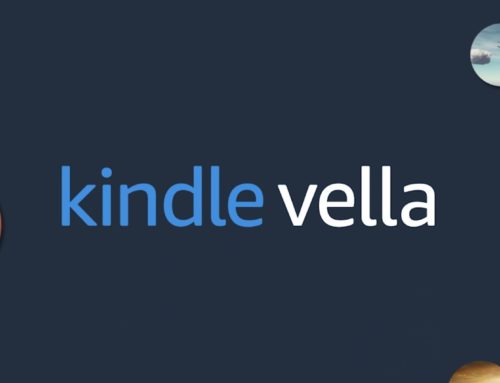
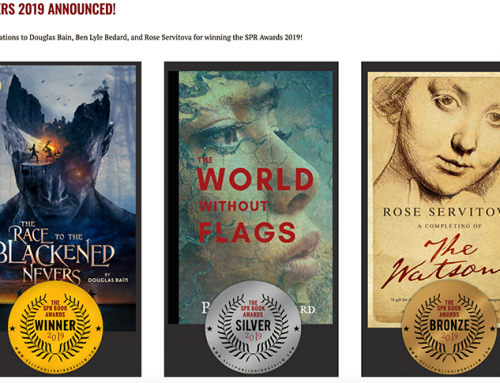

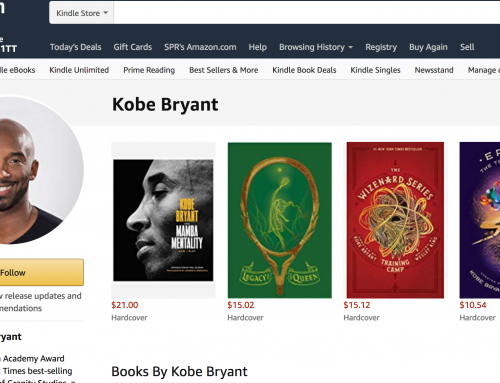




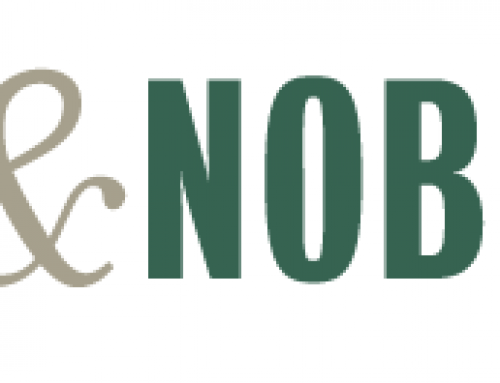
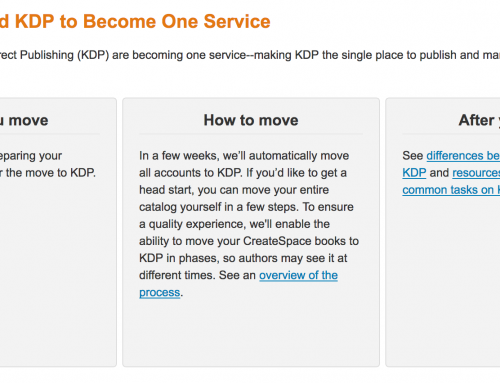

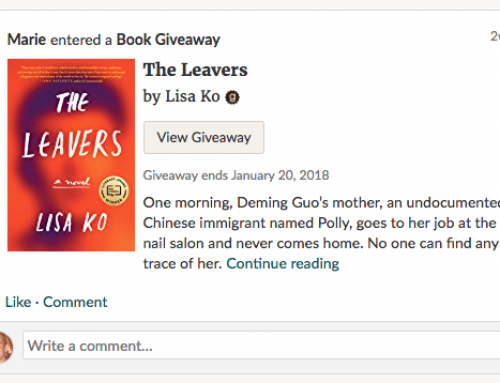
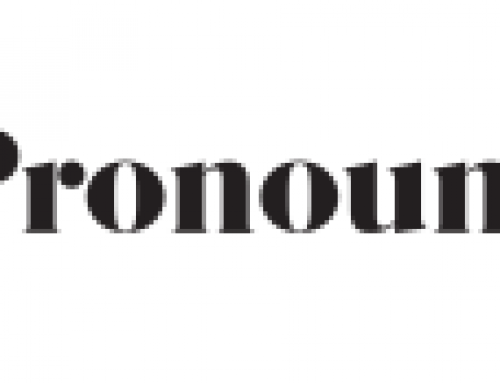
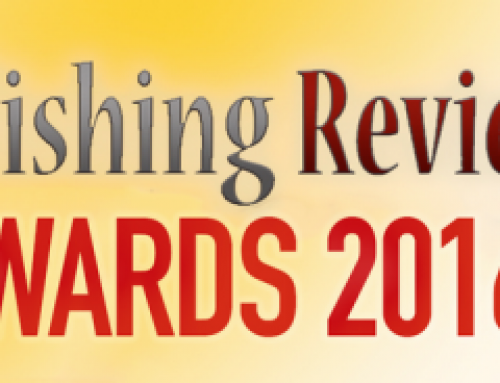
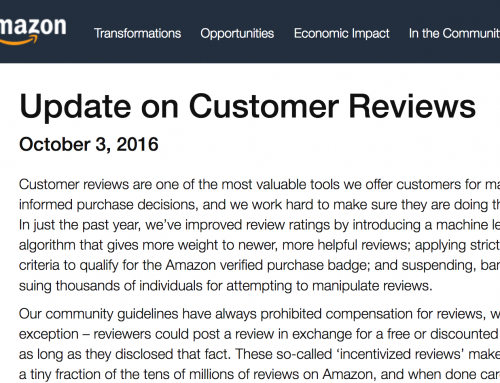
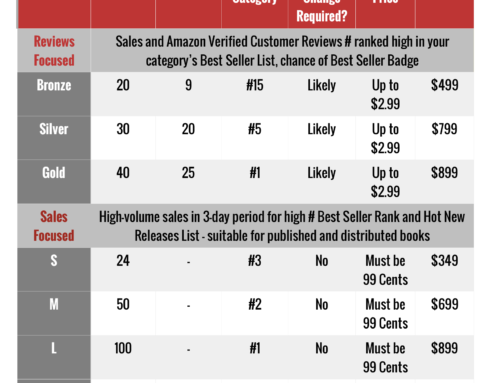
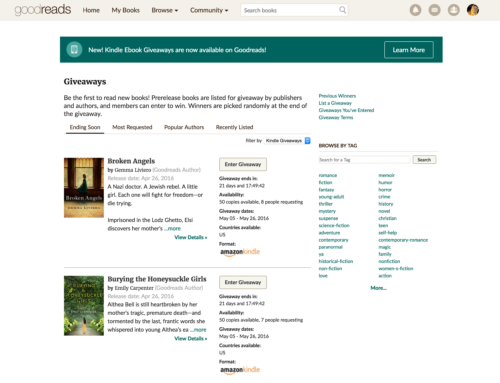


Does Publisher’s Weekly currently charge for all paper books to be listed? I’d be curious to know if they’re trying to milk the self-published group or if this is done for all books they ever review?
Guessing not. Like other newspapers/magazines, the cost of getting reviewed for publishers is the cost of sending out a book. Advertising is another issue, but this is mixing together advertising and reviewing.
“They couch it in very positive terms” – Agreed, makes it easier to fleece the unsuspecting and easily duped. I also have the same question as Tom Hansen.
They don’t change mainstream publisher to review. This is simply another example of exploiting self-published authors.
Pardon the French, but this fucking sucks.
I’m going to pass on this golden opportunity. Here’s why:
PW is aimed at the trade, which is to say trade publishing employees and retailers. Publishers don’t care about my self-published books, even as a curiosity. And, as things stand now, retailers will not touch most PODs (how =we= do business) because price distortions built into POD books either raise the list price well beyond the list price of comparable offset books or, if list price is held down, force the author/publisher to extend discounts below what book retailers expect and demand. Head-to-head, POD cannot compete for shelf space with front list offset books. Besides, retailers have no real stake in selling any book they order because they demand full return rights. Returns can kill a self publisher of PODs.
All in all, PW is offering an impossible business model with approximately zero (or fewer) benefits to self publishers.
Here’s a better alternative.
I found my way to this site because the name implies a platform for reviewing self-published books–an idea that hasn’t really taken hold on the web.
So how about some of us working on a very public adjunct to this site–with Henry’s permission–that reviews self-published books by qualified reviewers along the lines of PW, Kirkus, Midwest, et al. Reviews are submitted in format or formats yet to be specified, each handed off to one qualified reviewer with a reasonable deadline and specs, and then published in a place open to book readers. The review can specify available formats, even include author-provided links to various editions on Amazon, Apple, POD, author’s own outlet or site, etc, up to a reasonable max. Site to be flogged in the online places book readers populate, and all the good things one can do with a solid book review. We’d have to be willing to call shit shit if there’s to be any credibility, maybe even demand a minimum level of authorly ability (I’m thinking of spelling and grammar at minimum) in order for the book to even be reviewed. It would be easy to populate the review spaces on the basis of genre in order to maintain balance and attract all manner of reading preferances.
This would be a very easy site to pay for itself with reasonably priced ads for books. A $30 fee, for example, is affordable to all, shows serious intent, covers internal shipping of submitted PODs, and is large enough to cover the expense of a site and even pay the reviewer a (tiny) honorarium.
A non-public trial site would be a good goal to work towards.
I’m not totally opposed to this – but people have been opposed to the idea of any money changing hands for reviews, as it has the whiff of this program. I’m not as much of a stickler. Reviewers should be paid something – everything can’t be free.
The trouble wouldn’t be finding authors willing to pay the fee, but people willing to review books. I’ve tried very hard to find book reviewers and I’ve gotten many responses of, “I can’t do this,” after I send them a book to review. So part of it would be to find a dedicated group of reviewers.
Agreed, Henry, but I see a possible solution.
Amazon, for example, is filled with intelligent reviewers I suppose we could contact in the hope that they’d enjoy doing for a small fee or at least a free book what they’re already doing for free. We could also ask established authors–not to say famous authors–to maybe pay back a little karma by helping to uncover worthy new talent now residing unsung in the burgeoning SP community.
It occurs to me that I’d write a reasonable number of reviews in return for a tagline that includes a link to one of my books on Amazon and a brief (10-20 words) description of that book. That’s a fair shot at pay the way I mean to earn my pay.
No doubt there’s hard work involved in launching this, and probably little or no remuneration beyond the psychological and karmic, but I think we’ve reached or are at least nearing the crossroads where it become both possible and imperative to seize the legitimacy we think our efforts have earned. We’re not going to be the Next Big Thing by accepting sloppy seconds from the PWs of our world.
Was mulling over the PW post the other day and pretty much thought of much the same thing as Eric. I also discovered this site the same was. Agree about the dedicated reviewers part, though if there was a pool of people and a pool of books to review (with certain exceptions where one could specialize in an area), it could work out with reviewers picking out books that appeal to them. That would be the tough part, but I think it’s just a matter of finding the right people.
Except, even the right person would hesitate to read a book free, especially if it’s bad. Though the promotion of the reviewer’s own works could be pretty worthwhile if something like this really takes off, like Eric said. Plus pre-screening 1000 words or so, or snippets from books, could filter things well enough. I think I like this idea.
I have been an acquisitions editor for my own company and a military history trade publisher. The dirty little secret is that, with a little experience, it takes no more than about ten minutes of nosing around a manuscript to figure out it’s shit. Gradations of books that aren’t shit take longer to assess as to worthiness for publication, but that’s also a function of experience. There are books that are good stories badly told; they can usually be fixed with good line editing. The tough ones are well written stories that are nonetheless bad stories. They can’t be fixed because the problem is substantive, but maybe the author can be salvaged. There’s bottom line in the basic approach, but it’s still about readers, who get it about all of the above if the book gets out to them.
Okay, that’s about acquisitions. In the case of reviews, though, your interest is still in the reader. The honest reviewer is all about good use of a reader’s time and emotional investment. Shit is still shit, a good story badly told is still that, and a well told bad story is still that too. And a reviewer is a gatekeeper.
I write military history, but I never read it. I never read non-fiction. I’m certainly qualified to review within my genre, and comfortable too. I do not feel I’m a sophisicated reader of fiction, but I know what I like and don’t like, and I can figure out why I go one way or the other. So I would maybe be up for reviewing some fiction–because how many SP military history books are going to land on me anytime soon?
I prefer looking at the whole text, because I can skip around. It prevents fraud, too. Samples can be edited, even professionally written just to get past the audition. (This is becoming a problem with Kindle’s free-sample program. I returned three sucker punches in a row a few weeks ago.)
I’ll make this offer: If we can get this off the ground, I’ll focus on being part of a crew to take on first-round screening. I know I’m good at it. And I’ll review in my genre and maybe stretch to some other historical sub-genres. I also would help find outside reviewers on Amazon, which I checked and which might be doable. That’s basically a research project, and I’m a research geek.
Do we have any other volunteers?
Henry, if you’re up for this is some form, we could talk about launching a public sister site. How about Self-Publishing Review Reviews?
I’d volunteer.
LMAO @ PW being a vanity publisher. I think it’s pretty hilarious when the respected publishing vanguards start doing scamming crap to cash in on self-publishing authors. Where is their respectability then?
Harlequin did this same crap when they created Harlequin Horizons (the self-publishing arm) and were going to start advertising to their slush pile. Shameful. I respect a lot about how Harlequin does business, but that was epic fail.
So is this PW thing.
When I was a cub, PW embraced me. I never got less than a stellar review. But as soon as I brought out my first SP title (because of legal issues), I was scrubbed from their consideration. So, yeah, the irony is personal and deep.
What’s laughable about announcements like these is that the Machine (my term of endearment for the “traditional publishing” industry) and its utter lack of fiscal responsibility–coupled with a lack of creative vision–is what drove authors to take matters into their own hands. Non-traditional means of publishing are nothing new; they’ve been around for centuries. Writers have allowed the Machine to dictate the terms far too long. Now we’re wresting control of our literary properties, self-directing our careers, and they don’t like it. Now they have to find other ways of making money. And if “big-name” writers like Mr. Godin continue to drop off the traditional route, what we’re seeing now is nothing compared to what desperation we’ll see then!
Nothing going on in Big Publishing today is not a rice-bowl issue and thus a matter of survival at an epic level. So maybe the Titanic stays afloat a few minutes longer, but where is the end altered even if extended?
$149. And I get reviewed. If I’m worthy. Bwa-hahahaha!!! Actually, this isn’t funny. It’s offensive. Everywhere you look, there are people and companies trying to persuade authors to part with whatever little hard-earned money they get, and only some of them offer something legitimate and useful in return. Rip-offs can be legal, true, but they are still rip-offs.